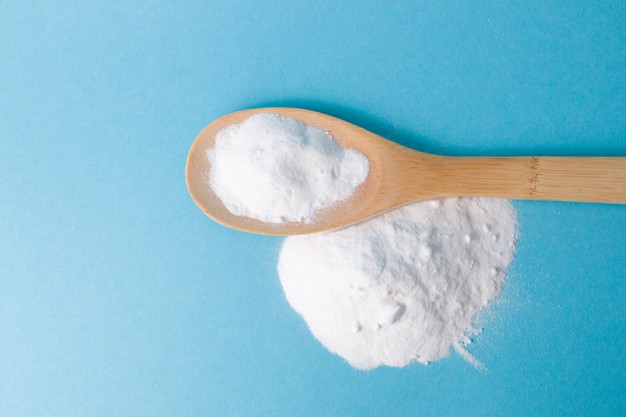The Importance of Sodium for Human Body
What is Sodium
Sodium is one of the body’s electrolytes that carry electrical charges when dissolved in body fluids such as blood, and the body needs these minerals in relatively large quantities, as sodium plays a fundamental role in physiology, and it is available in many types of food.

Sources of Sodium
Sources of sodium is available in many natural sources such as: vegetables, dairy products, meat, and shellfish, and it is also added to many foods during its manufacture or cooking. Table salt is also one of the sources of sodium. One teaspoon of it contains 2,325 milligrams of sodium, and you can refer to the section What is sodium chloride and what are its benefits to read more about table salt.
General benefits of Sodium
The body needs some sodium to function properly, such as nerve and muscle functions, and maintaining fluid levels in the body necessary for a healthy heart, kidneys, and liver, in addition to reducing low blood pressure, and the body loses sodium from during sweat and urine, as the kidneys adjust the amount of sodium excreted through the urine to keep its levels constant in the body, the total amount of sodium in the body is affected when an imbalance occurs between its consumption and its loss from the body, and its severe decrease in the blood leads to hyponatremia And the very high leads to hypernatremia.












Leave a Reply